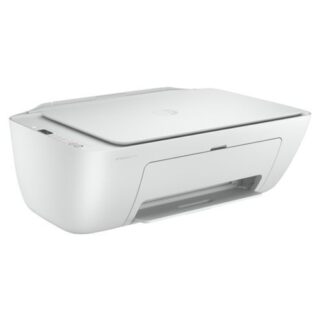Learn how to – Choosing the Right Proxies for Your Business.

A proxy is a vital addition to any computer network. Using it guarantees you an anonymized, more secure, and private connection. Of course, there are some caveats, but, for the most part, proxies offer these benefits and more. There are also multiple types of proxies, each of which has different features and capabilities that could complicate the process of selecting the right type for your business. Fortunately, this article will help you out by detailing the various proxies available, their features, and their uses.
What is a proxy?
A proxy is an intermediary located between a user’s computer and the internet. All web requests emanating from the former are routed through the proxy, which assigns them a new IP address before facilitating the connection to the target web server. At the same time, proxies also intercept content sent by websites. In short, they prevent direct communication between user’s PCs and web servers, giving rise to the anonymized connection we hinted at earlier.
IP addresses identify a computer in a network. They work more or less like people’s names, meaning that user’s web activities are attached to these identifiers. Notably, internet service providers (ISPs) keep their customers’ IP-address-based logs for prolonged periods, a practice that is a cause for alarm, especially currently, since cyberattacks are at an all-time high.
In fact, in just the first six months of 2019, for example, over 4 billion data leaks had been recorded. Projections show that this and other forms of cybercrime will increase in the future. Thus, your data is not as safe as you may think. That said, using proxies can help you minimize the risk of data breaches by ensuring that your ISP does not log your web activity. In doing so, proxies promote privacy and security.
Types of proxies
There are different types of proxies, including:
- Residential proxies
- Datacenter proxies
- HTTP Proxies
- Transparent proxies
- Reverse proxies
- Anonymous proxies
- High anonymity proxies
- Shared proxies
- Private proxies
- Rotating proxies
Residential proxies
A residential proxy is an intermediary that routes web traffic through real users’ devices. It assigns them residential IP addresses, which are registered by and belong to ISPs. Thus, web servers usually interpret the web traffic as coming from real users, meaning that residential proxies are rarely blocked. But the benefits come at an extra cost because residential proxies are expensive.
Residential proxies are ideal for the following applications:
- Web scraping large websites, including buying sneakers
- Email monitoring to prevent phishing attempts
- Accessing geo-restricted content
- Ad verification
- Social media management
- Purchasing sneaker proxies
- Conducting market research
Datacenter proxies
Datacenter proxies are virtual intermediaries that exist in a cloud. They are created as a result of powerful data center servers generating multiple virtual IP addresses. This type of proxy is cheaper and faster compared with residential proxies.
Datacenter proxies are used for:
- Web scraping small websites, including buying sneakers
- Email monitoring
- Accessing geo-restricted content
- Getting around IP address bans
- Market and academic research
HTTP proxies
An HTTP proxy is a local intermediary in that you configure your computer or browser to become an HTTP proxy. You also input the IP address you intend the proxy to use. Thereafter, any web request you generate using your browser is routed through this proxy, and gets assigned the HTTP proxy’s IP address before being sent to the target website.
There are two types of HTTP proxies, namely HTTP-client proxies and HTTP-server proxies. The former is created upon configuring a computer, while the latter type comes into being when a web server is configured.
HTTP proxies are used for:
- Content filtering
- Block entire URLs
- Allow or deny specific cookies
Shared proxies
Shared proxies assign the same IP address among multiple users. They are slow and bear a higher security risk. Nonetheless, their uses include:
- Accessing geo-blocked content
Private proxies
Private proxies assign each user a unique IP address. They enhance privacy, security, and anonymity.
Transparent proxies
Transparent proxies pass content as is without making any modification. They are used in institutions wherein the administrator wants to limit access to certain websites without making it obvious that a proxy is in use.
Reverse proxies
Reverse proxies offer web servers an extra layer of security. They are located on the web server’s end of the internet connection and, therefore, receive web requests on the server’s behalf before allowing through those they consider secure. In contrast, other proxies listed herein are forward proxies – they relay requests on the web client’s behalf and are located on the web client’s side.
Anonymous proxies
An anonymous proxy hides a user’s real IP address, assigns a new one, and identifies itself as a proxy to a web server.
High anonymity proxies
High anonymity proxies perform a similar role as anonymous proxies, with the only difference being that they do not identify themselves as proxies.
As you may now understand, choosing a proxy depends on the purpose for which you intend to use it.






























Leave a Reply
You must be logged in to post a comment.